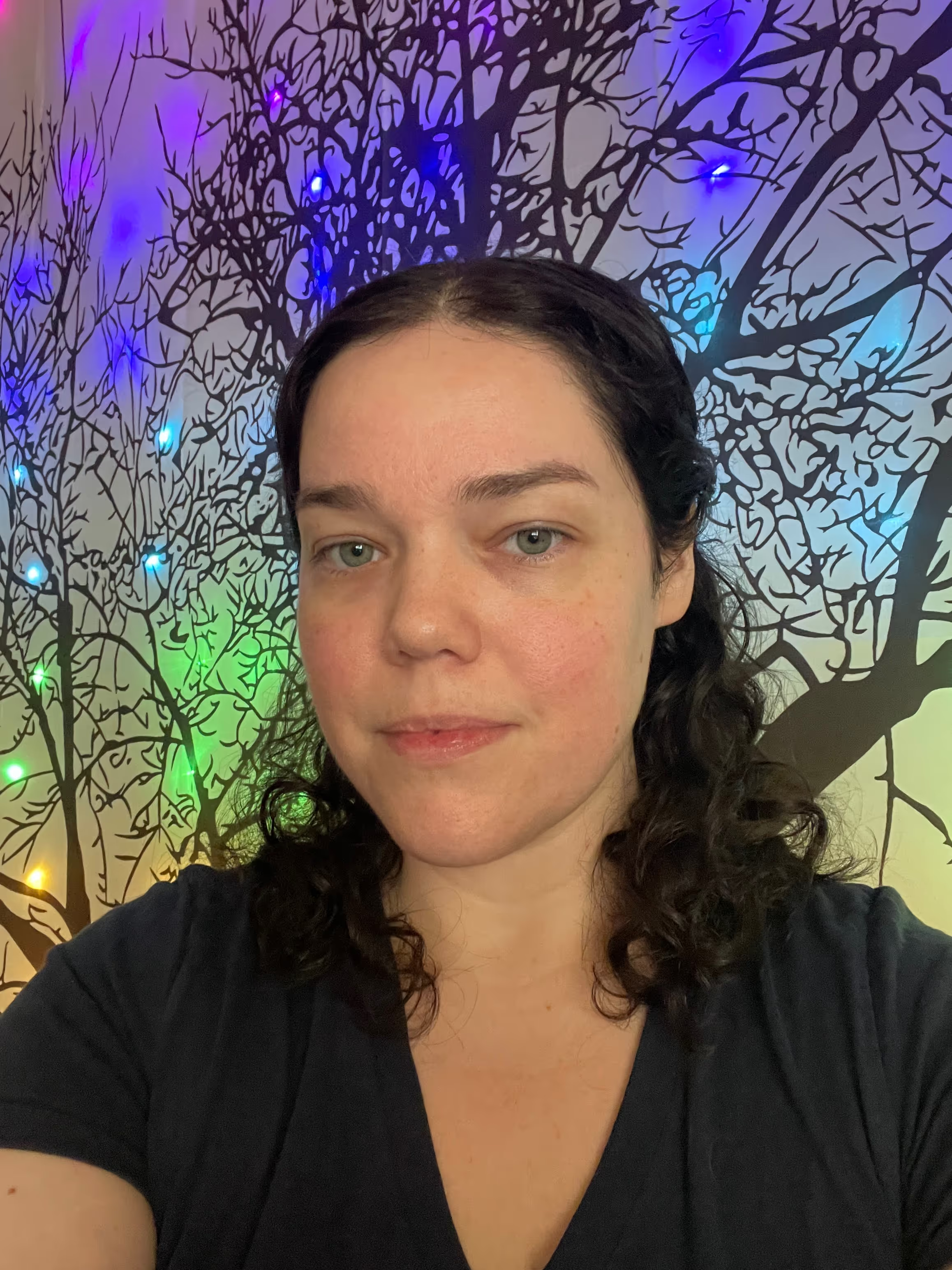
Instagram | Bluesky | GoodReads
L.A. Fields is the author of The Disorder Series (Rebel Satori Press), the Lambda Literary Award finalists My Dear Watson and Homo Superiors (Lethe Press), as well as works of scholarship, short fiction, and erotica.
She has a Bachelor of Arts in English Literature, a Master of Fine Arts in Creative Writing, a day job, and a calico cat.




